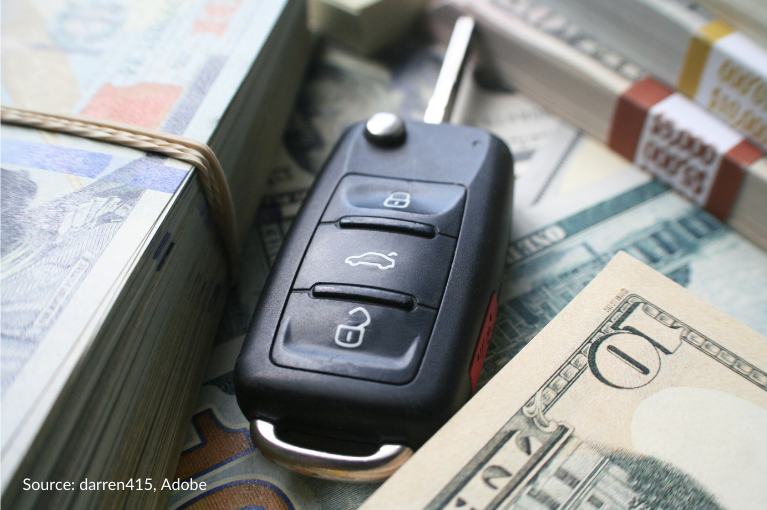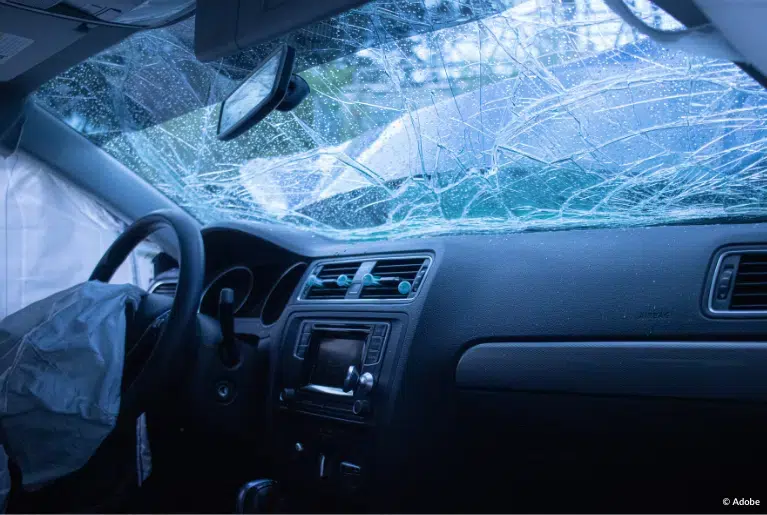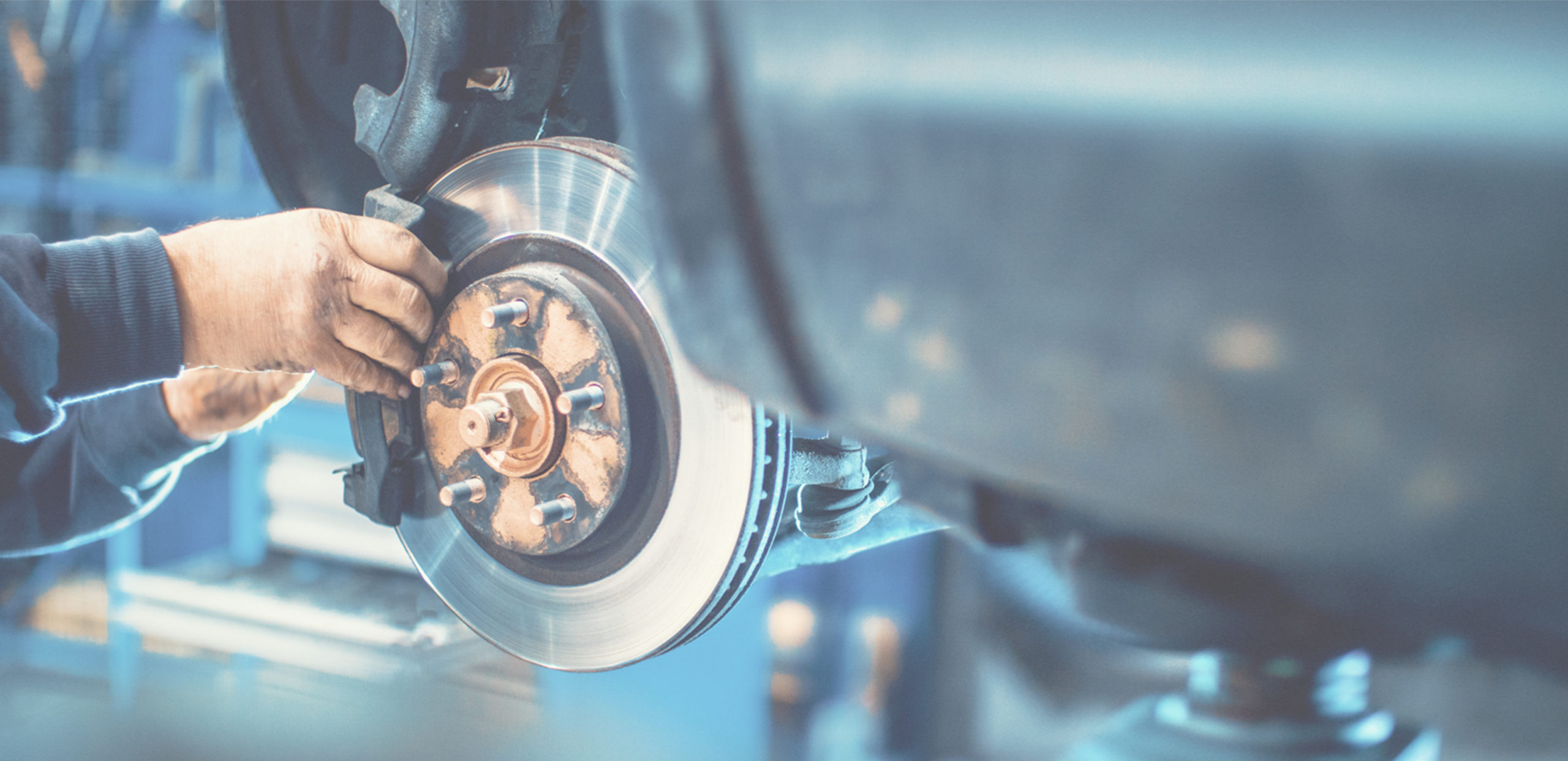Volkswagen jet pumps and fuel tank components can fail prematurely, causing the cabins in some VW Golf, Taos and Audi A3 vehicles to smell like gas fumes. A Volkswagen and Audi class action lawsuit filed in 2024 seeks to represent owners and lessees of the following vehicles:
- 2015–2020 Volkswagen Golf
- 2015–2020 Audi A3
- 2022–2024 Volkswagen Taos
According to the VW gas smell lawsuit, Volkswagen allegedly knew since at least 2015 that suction jet pump or fuel tank components (or both) contained at least one defect that could cause fuel issues in these vehicles. Specifically, VW Taos, Golf and Audi A3 owners allege that the jet pump and fuel tank defects cause issues like fuel leaks, excessive fuel consumption, premature fuel nozzle shutoffs, fuel spillbacks, gas odors and an increased risk of vehicle fires.
What are the VW jet pump defect symptoms?
Volkswagen Taos, Golf and Audi A3 vehicle owners may notice these signs of faulty jet pumps or fuel tank parts:
- Gas odor inside the VW/Audi vehicles
- Fuel leaks both outside the vehicle and in the rear cabin
- Premature fuel nozzle shutoffs
- Hissing noises when the gas cap is unscrewed
- Fuel spillbacks
- Inability to fill up the gas tank
If your Volkswagen or Audi vehicle has experienced these issues and cannot seem to be fixed within the warranty period, your vehicle may be defective.
What’s causing the VW fuel leak issues?
The Volkswagen class action lawsuit attributes the VW fuel leak issues to the following:
- There’s something wrong with the seals inside the suction jet pump.
- The material the suction jet pump is made out of immediately degrades when exposed to fuel.
- The gas tank, suction jet pump or fuel system are poorly designed.
Due to poor design or manufacture of the suction jet pump or fuel system, fuel may leak from the suction jet pump and make its way into the Evaporative Emission Control (EVAP) system, where it leaks into the rear cabin and exterior of the vehicle. This VW fuel pump defect is due to the specific design of Volkswagen’s fuel tank itself.
These vehicles’ fuel tanks are built “saddle style,” in which they have a primary chamber (which houses the electric fuel pump) and a secondary chamber (which houses the suction jet pump). The electric fuel pump transfers fuel from the gas tank to the engine. The suction jet pump, which is powered by the flow of fuel instead of an electrical source, is responsible for transferring fuel from its chamber to the other one. This allows a consistent flow of fuel to the engine.
The EVAP system, connected to the fuel tank via a vent line, is supposed to capture gas fumes and other emissions when fuel inside the tank or fuel system evaporates. It funnels these captured gas fumes back to the primary fuel tank chamber so they can be burned off. An important component here is the vapor canister, which is filled with activated charcoal and absorbs gas vapors and emissions while the engine is still off.
The problem: bad seals inside the suction jet pump allow fuel to leak straight through the vent line and into the EVAP system. It prevents the EVAP system from containing or handling evaporated fuel gasses and emissions properly, hence the gas smell in the cabins.
How have Volkswagen or Audi responded to the jet pump issues?
Volkswagen’s bumper-to-bumper warranties should ideally cover issues with the suction jet pumps or fuel tank parts. The Volkswagen and Audi vehicles were sold with either one of the following warranties:
- A three year or 36,000 mile New Vehicle Limited Warranty
- A four year or 50,000 mile New Vehicle Limited Warranty sold to 2020 and newer model year vehicles.
However, VW and Audi owners allege that even when they needed repairs or replacements for faulty fuel tank components, they did not get sufficient repairs during the warranty periods. The VW fuel pump lawsuit also alleges that customers are told their vehicles are operating normally when these fuel issues are reported.
Have there been any Volkswagen Suction Jet Pump recalls?
There have been at least two Volkswagen gas leak-related recalls. In both recalls, Volkswagen attempted to address issues of fuel leaking out of the suction pumps and into the evaporative emissions systems. Though the vehicles listed in the recall and those included in the Volkswagen jet pump lawsuit may overlap, not everyone included in the class action may have benefited from Volkswagen’s fuel leak recalls.
In 2016, Volkswagen issued a recall of approximately 110,000 of the following vehicles:
- 2015–2016 Volkswagen Golf,
- 2015–2016 Volkswagen Golf SportWagen
- 2015–2016 Volkswagen GTI
- 2015–2016 Audi A3
- 2015–2016 Audi A3 Cabriolet
The recall stated that an issue with the suction pump inside the fuel tank allowed fuel to leak into the EVAP system. Volkswagen and Audi dealers replaced the suction pumps.
In February 2024, Volkswagen recalled approximately 261,257 of the following vehicles:
- 2015–2020 Audi A3 Sedan
- 2015–2019 Audi A3 Cabriolet
- 2019–2020 Volkswagen Jetta GLI
- 2018 Volkswagen Golf SportWagen GP
- 2018–2019 Volkswagen Golf SportWagen A7
- 2015-2017 Volkswagen Golf SportWagen
- 2015–2020 Volkswagen Golf GTI
- 2015–2020 Volkswagen Golf A7
A suction jet pump problem allowed fuel to leak into the EVAP system and potentially out of the charcoal canister. Volkswagen and Audi dealers offered suction pump replacements. The vehicles repaired under the previous VW jet pump recall were required to be repaired again.
In between these recalls, NHTSA’s Office of Defects Investigation launched a probe into the effectiveness of the first remedy. According to the investigation details, the replacement pump was designed to “purge fuel from the evaporative emissions (EVAP) system.”
Volkswagen Gas Smells can’t seem to be solved? Here’s what to do.
The first thing any Volkswagen owner should do upon smelling gas smells in their vehicle cabin is to stop driving it and bring it to the dealership for repairs. If your Volkswagen vehicle is still under warranty, the dealership should ideally honor the warranty so that you do not have to pay for any repairs out of pocket. After you complete the repair visit, save the documents that they provide you (and if they do not provide these documents to you, request them). These documents are called “work orders” or “repair orders.”
Repair orders record the concerns you reported to the dealership technicians, the steps the technicians took to remedy the problem, and itemized costs of parts and labor (even if they are covered by the warranty). Should your vehicle turn out to be defective, these repair orders are essential to your ability to file a lemon law claim against an auto manufacturer.
If your Volkswagen has not been repaired after a reasonable number of repair attempts, our lemon law attorneys can help you opt out of these class action lawsuits and retain your right to pursue an individual claim. While class action lawsuits are beneficial to bringing a widespread problem to light, individual members often get meager portions of the final settlement. By pursuing an individual claim with our lemon law attorneys, you can make claims far more specific to your case and get a potentially higher reward for your troubles.
To get started, contact our Volkswagen lemon law attorneys at 833-208-8181 or sign up with our free form below to have a lemon law agent reach out to you.
Lemon Law Help by Knight Law Group is an automotive lemon law firm that exclusively practices in California, with offices in Los Angeles, San Francisco, Sacramento and Orange County. If you are a California resident who purchased or leased a defective vehicle from a licensed dealership in California, we may be able to help you get rid of your potential lemon and recover significant cash compensation. Model year restrictions apply: 2020–Present vehicle models only.
However, we cannot help those who reside outside of California or purchased their vehicle outside of California unless they are active duty members of the Armed Forces, nor will we be able to refer them to a lemon law firm in their states.
To learn more about the California Lemon Law and your legal rights, visit our guide on the California Lemon Law for more information.









